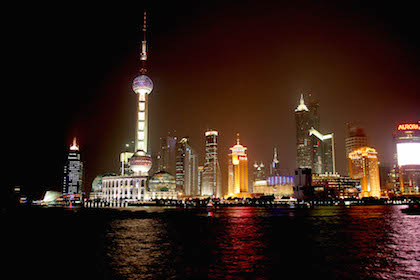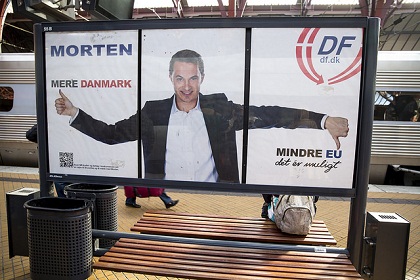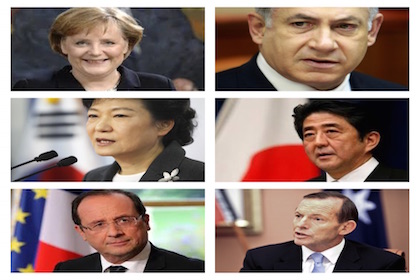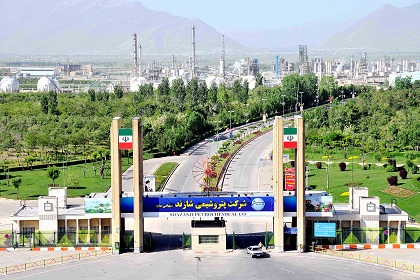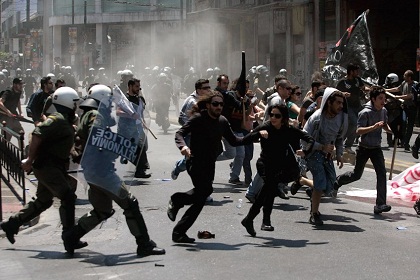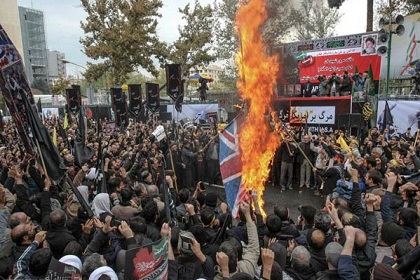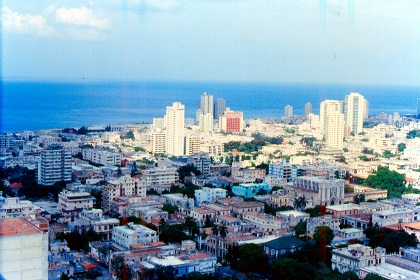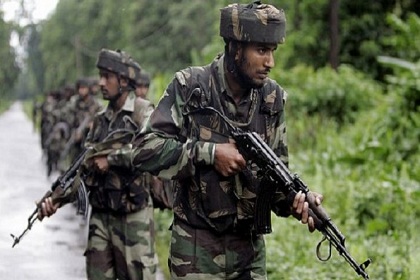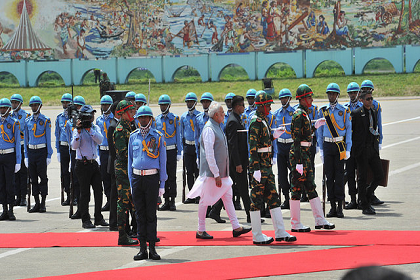Ideas for the NDB’s institutional design
The New Development Bank initiated by BRICS countries can reform and democratise global economic governance. But to reach this goal, in this critical period when the bank is preparing to operationalise, it must formulate an innovative institutional design. This article outlines four guiding principles for such a structure

